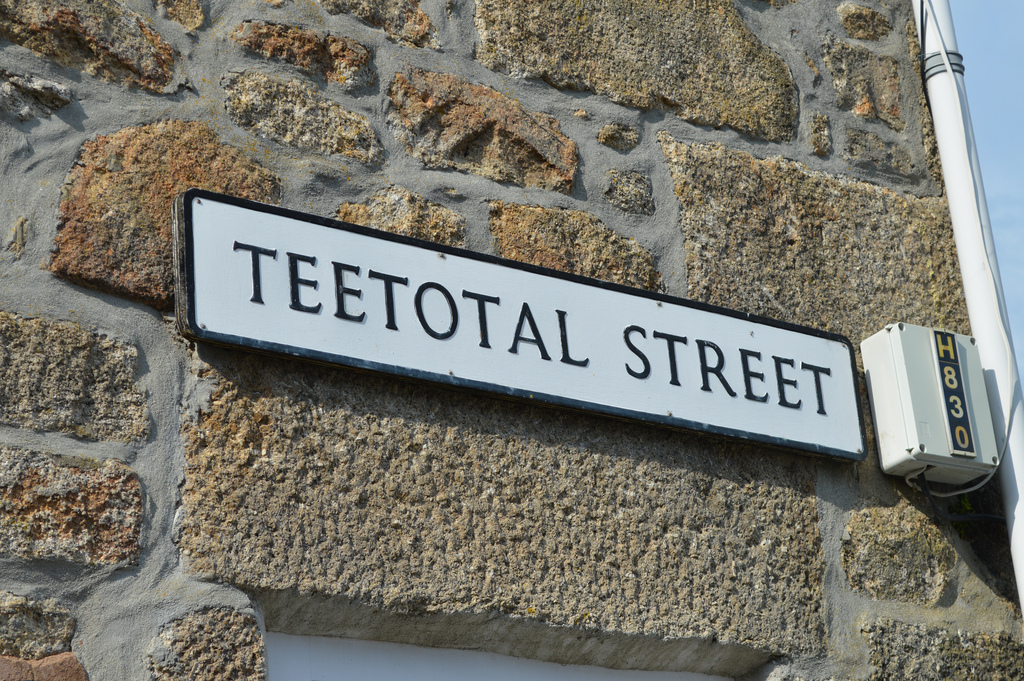How do you think Kendrick Lamar thought up ‘Humble’ or Zac Efron developed a body reminiscent of the Greek gods? The answer is simple – they don’t drink alcohol.
According to a study by the University of Leeds, these are the kind of positive messages proven to be more effective at persuading people to reduce their alcohol intake compared to scaremongering campaigns which highlight the negative effects of booze.
Dry January focuses on the positives to encourage people to become new, low alcohol versions of themselves.
Dr Henry Yeomans
The study, based on more than 2,500 social media users’ responses to promotions by the charity Alcohol Concern, cites the success of the ‘Dry January’ campaign, which this year attracted 5 million participants. The campaign focused on the benefits of not drinking alcohol for a month, advertising on its website how last year 58% of people who tried it lost weight and 71% slept better.
According to Dr Henry Yeomans, the chief author of the report, “Dry January focuses on the positives to encourage people to become new, low alcohol versions of themselves. Participants generally feel that they are gaining something rather than losing something by abstaining for one month.” Such benefits include greater will power, self-confidence, and energy levels.
I can’t believe the impact that Dry January actually had..I decided I would drink Friday and Saturday this week, but it’s almost 10pm and I haven’t had a desire to have any alcohol #resolutions— lady lawyer (@lilmissesq) February 17, 2019
The study will add further pressure on the government to modify their campaigns which in the past have highlighted the negative impacts of drinking alcohol. The 2012 Change4life project warned people that two drinks a day could result in “stroke, breast cancer, or heart disease”. Furthermore, the 2008 campaign ‘Units. They all add up’ also emphasised the health problems created by excessive alcohol consumption.
According to the Leeds report, “the campaign materials used essentially negative tools in an attempt to prompt individuals to reduce their drinking by making them fearful of the long-term consequences of not doing so. Government agencies might consider reshaping alcohol policies.”
The revelations of the study reflect a deeper conflict over how best to run campaigns to lower alcohol intake. In September 2018, Public Health England (PHE) teamed up with the alcohol industry sponsored charity Drinkaware for the ‘Drink Free Days’ campaign. This triggered a civil war within the alcohol leadership advisory board at PHE, as Professor Sir Ian Gilmore resigned, publishing a stinging review of the alliance.
Please don’t run away from your problems or drown them with drugs and alcohol.
Those are all unhealthy coping mechanisms. Rationally react to challenges.
Share challenges with people you trust who also think rationally.
Just don’t pretend they don’t exist. THEY DO.— 🎈T.O.BI 🎈 (@illestmcTOBI) February 17, 2019
He argued that Drinkaware have teamed up with the government as “it thinks the campaign will be ineffective or will divert attention from other more effective policies to reduce alcohol consumption that the industry fears more, such as minimum unit pricing.”
Gilmore also points to the risk that “through Drinkaware, the alcohol industry gains valuable engagement with PHE, establishes working relations with PHE staff, and may even secure a seat at the table when other alcohol harm initiatives are planned and executed.”
The controversy demonstrates the division in PHE over how to best create alcohol awareness campaigns. But the Leeds University study offers hope through promoting the use of a new, more effective campaign model to encourage people to decrease their alcohol consumption.
George Davis
Image: [Telegraph]

